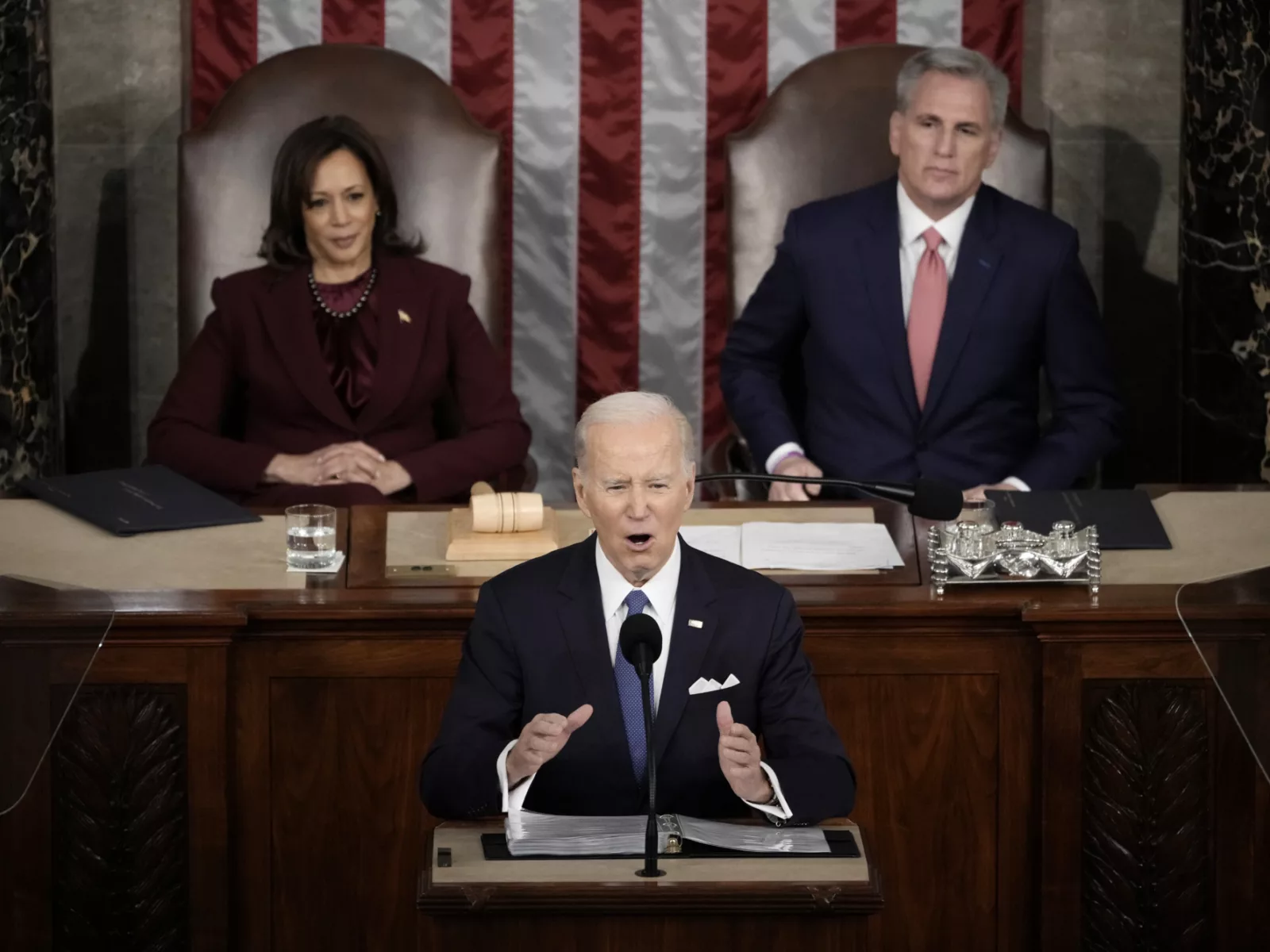Federal legislators have introduced more than 60 pieces of drug pricing legislation this year amid public outcry and pressure from various groups. That’s in addition to holding approximately a dozen congressional hearings debating the issue — the latest by the Energy and Commerce Health Subcommittee on seven drug transparency bills.
While transparency can compel the issue forward, “by itself it won’t be enough to lower drug prices,” said Mark Miller, Arnold Ventures’ Executive Vice President of Health Care, during his expert testimony.
Miller was joined by representatives from PhRMA and the Pharmaceutical Care Management Association, as well as leaders from the Coalition of State Rheumatology Organizations, the Alliance of Specialty Medicine, Families USA, and the American Action Forum.
Below are three key takeaways from the hearing:
Increasing transparency and accountability is a good first step
Public reporting can provide valuable information to policymakers and the public around excessive launch prices and price increases, but on its own, transparency will not solve the drug pricing problem.
One proposal debated at the hearing, H.R. 2064, would require drug companies to publicly report the value of the free samples they give to physicians. This is significant: Of the nearly $30 billion that health companies now spend on medical marketing each year, around 68 percent (or about $20 billion) goes to persuading doctors and other medical professionals to prescribe certain drugs – including $13.5 billion for free samples, according to an analysis published in JAMA.
Miller supports disclosing key information about free samples given to physicians and suggests that payments made to patients groups – who often act as proxies for the manufacturers – be considered under the Sunshine Act.
“If public reporting can’t be reached, at a minimum the sample value should be made available to oversight organizations and researchers,” said Miller. “We know there will be stiff resistance from the status quo, but we also know that the status quo has produced noncompetitive behaviors, higher tax payer spending and higher prices for the patient.”
Among those who pushed back on the samples provision are Kristin Bass of Pharmaceutical Care Management Association, Douglas Holtz-Eakin of American Action Forum, and Madelaine Feldman of the Coalition of State Rheumatology Organizations Alliance of Specialty Medicine.
Most of the debate centered on the unintended consequences for patient care, though some lawmakers weren’t convinced.
“I don’t think the case has been made,” said Committee Chairwoman Anna Eshoo (D‑CA) in response to Feldman’s claims that this could have a chilling effect on drug manufacturers’ willingness to provide samples, thus undermining patient trust.
Transparency doesn’t go far enough
“Drug spending is placing an undue burden on families and our system. Whether we like it or not, prices are rationing medicine in this country,” said Rep. Ann Kuster (D‑NH) during questioning.
Kuster pondered the question of whether requiring justification for price increases – a policy included in several of the transparency bills discussed at the hearing – will slow the rising costs.
Miller thinks it will have a small effect. Instead, the focus should be on rebuilding the competition in the market, he said. And for the very expensive drugs that don’t have competition, “you can look at reference pricing where the price that Medicare pays for a drug is tied to its clinical value,” said Miller. “You can also look at a negotiation process in which you set lanes for the bids…and you might use some of the clinical effectiveness or international prices to set those ranges.”
But other panelists were quick to reject price negotiation and transparency requirements, which would require companies to report price increases to the U.S. Department of Health and Human Services (HHS). Some panelists argued that the act would impose ambiguous reporting requirements as well as retroactive reporting that could lead to some negative effects in the market.
“It’s certainly challenging to comply with a law in good faith when the law was not even on the books at the time the conduct occurred, so that’s probably our top issue,” said Lisa Joldersma of PhRMA.
Research and development does not justify drug prices
A common refrain from the drug industry is that high prices are necessary to cover the cost of researching and developing new drugs. But industry experts are not buying it.
“Despite the astounding amounts of money they are making, you will hear industry say that if government acts to stop its abuses, innovation will dry up. It is not true; do not be fooled,” said Frederick Isasi of Families USA during his opening testimony before the committee. “Of their trillion dollars in worldwide revenue, industry is spending less than a fourth of their revenue on innovation…much more on marketing and on profit.”
Voters are skeptical, too. In a new poll by Geoff Garin of Hart Research Associates and Whit Ayers of North Star Opinion Research, voters overwhelmingly supported more aggressive measures to limit prices, such as Medicare negotiation for drugs that don’t have competition. An astonishing 87 percent of adults supported negotiation even after being exposed to the strongest counter-arguments – including the R&D claim.
“Research shows the amount of revenue that comes out of the United States alone exceeds worldwide R&D investments by something like 70 percent, and there have been studies that Arnold Ventures supported that showed that the costs of producing the drugs are less than being claimed by the industry,” Miller said.
Some lawmakers are not sold on this argument either: “We know that marketing to physicians and other health care professionals by companies increased from $15.5 billion in 1997 to $20.3 billion in 2016. That’s about a 30 percent increase,” said Eshoo.
In a heated exchange, Rep. Peter Welch (D‑VT) asked Joldersma point blank how much drug companies spend on research, advertising, stock buybacks, and CEO pay.
“I’d be happy to provide the wealth of information that’s already filed by our companies quarterly and annually,” said Joldersma.
“I do not want a wealth of information. I want four facts,” Welch replied.

















